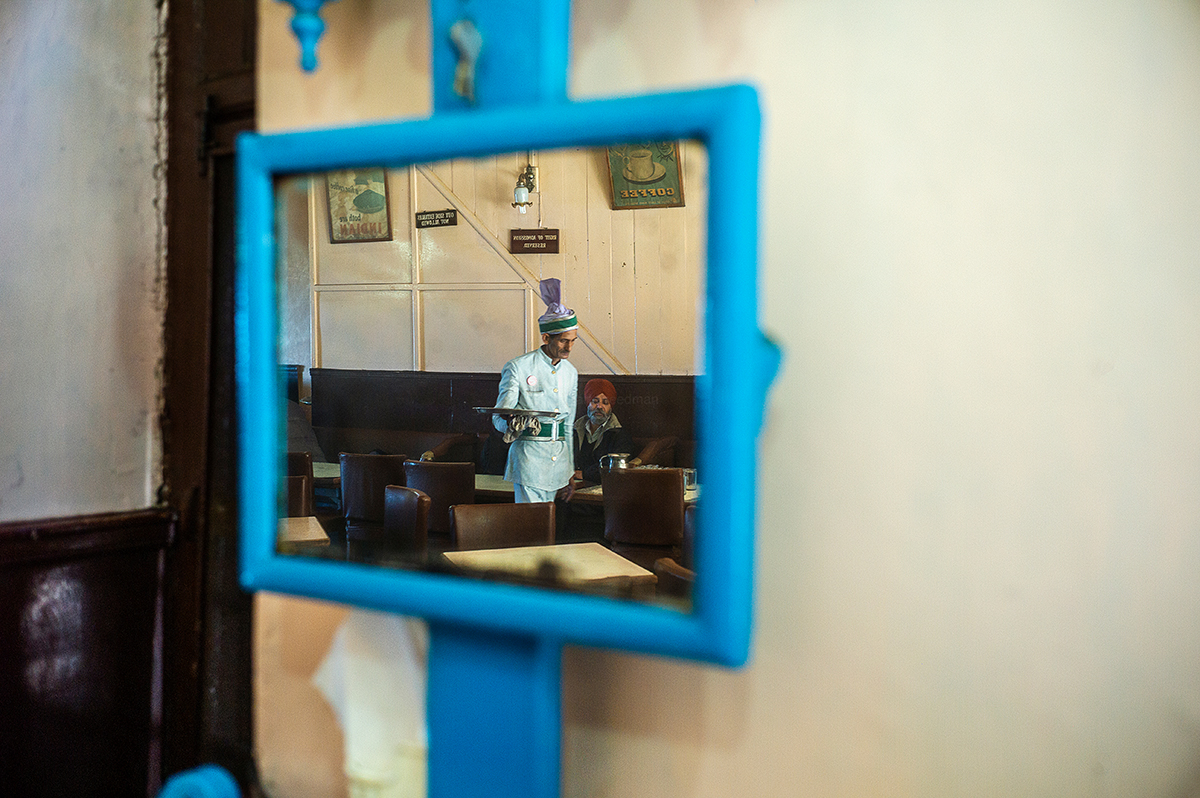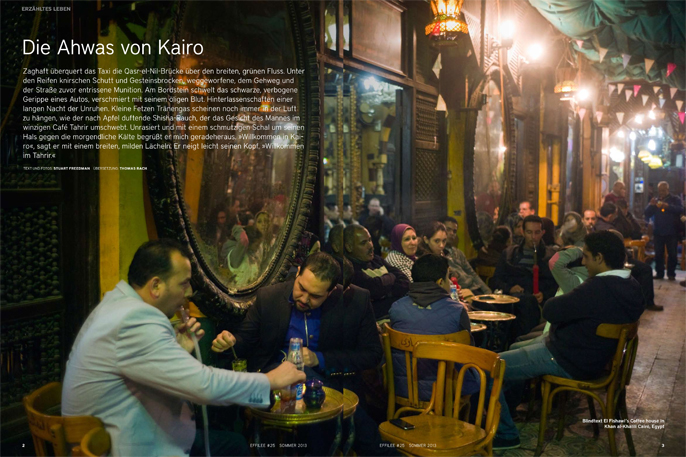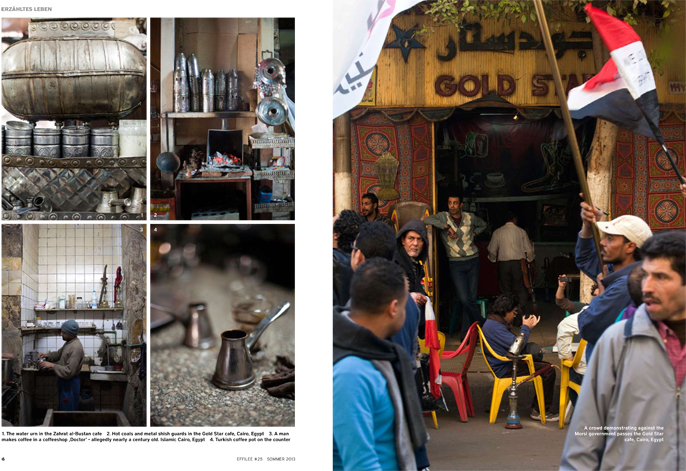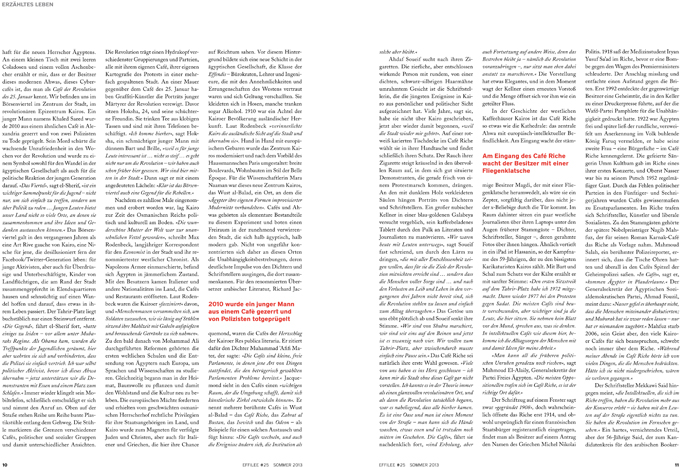During Lockdown, like many people, I’ve spent some time looking over my archives. On my infrequent Instagram postings, I’ve decided to feature three images that were in the mix for my second book, The Palaces of Memory – Tales from the Indian Coffee House, but never made it. The editing process was very thorough and sometimes you have to let go of pictures that you like and think are strong but simply don’t fit a narrative. That was true of so many photographs that I made over the years on this project. Never so much as the image below however.
It was made in Shimla on a freezing cold, three-day trip staying in a miserable budget hotel, a twenty minute walk from town. The frame, shot on a really awful early digital Leica (an M9) seemed to encapsulate my feelings echoed in the face of the waiter on the first day. I didn’t like Shimla that much. I just saw a tatty old British capital playing on its dubious heritage, packed full of noisy tourists. But maybe that was just me on those days – the rest of Himachal Pradesh remains beautiful. The Coffee House was nice though. Welcoming and warm.
I remembered that I’d arrived in the evening after a long drive from Delhi with my long-time driver/fixer/partner-in-crime, the late and much missed, Armajeet Singh.
I wandered alone into the warm fug of the half-empty coffee house late at night. There were pictures to be had and now, years later, I remember the yellow light and the steam, but I hesitated and shot nothing preferring to just look. I had a coffee and left, angry at myself for not pushing harder. It was however, a cold calculation born of not wanting to make a mistake before I’d had chance to ask permission properly and work out the lay of the land. Of course, when I went back over the next couple of evenings, it was never the same.
It never is.
Perhaps that’s why the waiter’s face chimed with my mood when I made this picture the next morning. You always end up photographing yourself in one way or another. Photography’s funny like that. The frame often has you in it, even though you’re not…
It was certainly how I felt when I was just starting the project and was unsure where it would go or whether it would work.
I’ve always liked the image however.







